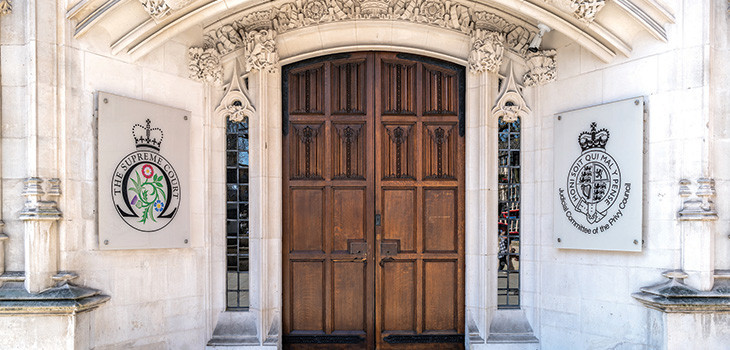
The case concerns transactions at an undervalue, which often involve the gifting of valuable properties to close relatives or associates of the debtor. The debtor’s subjective intention can then be inferred from the circumstances, for example, where the debtor was in financial difficulties at the time of the gift. But, how do you determine whether there has been a transaction at an undervalue?
Tendler and Warents write: ‘It is the first sustained analysis by the Supreme Court of key elements of the statutory scheme in the Act. It is therefore likely to be a significant reference point for future cases concerning transactions at an undervalue.’









